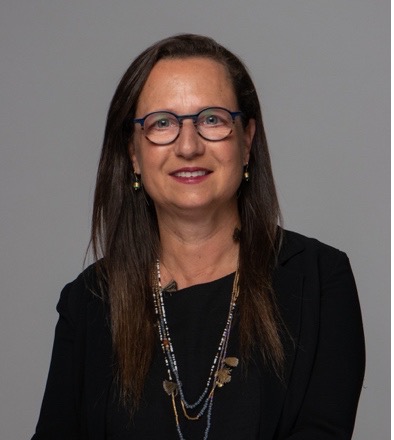Sponsored by The University of Exeter
Scholarly work with societal impact is both scientifically credible and useful to society; it produces societally beneficial knowledge that aims to make the world a better place. This work will often address, but is not limited to, the United Nation’s Sustainable Development Goals, for example: health and well-being, income and social inequality, and the preservation of the environment. In order to both recognize and incentivize such work in organizational behavior, the OB Division is inviting nominations for the OB Division Award for Societal Impact.
This award recognizes a body of work, rather than a single conference submission or published article, given that scholarship addressing grand societal problems is often incredibly challenging, unfolding over many years of persistence. The work may be published in traditional research outlets; however, it can also be evidenced in monographs, policy papers, books, curriculum, or interventions that may not receive recognition in other forums. Yet, through its application of organizational behavior scholarship, it has the potential to change the world. The award winner will be announced at the Academy of Management conference.
To be eligible for this award, the scholar’s work must:
(1) Use organizational behavior knowledge to address problem(s) that relate to timely and important societal challenges in the business, economic, societal or environmental spheres
(2) Demonstrate strong credibility through rigorous methods, analysis, and/ or application
(3) Inform and provide actionable insights for policies or practices to improve the wellbeing and performance of people (employees, managers, customers, suppliers), organizations, and/ or societies.
The winners of 2025: Herman Aguinis (George Washington University) and Ronit Kark (Bar-Ilan University and Technical University of Munich)

Herman Aguinis, Avram Tucker Distinguished Scholar at George Washington University, receives the Societal Impact Award for his exceptional ability to translate rigorous academic research into practical applications that benefit organizations and society worldwide.
Professor Aguinis exemplifies global scholarly impact, ranking among the world's top 100 most impactful researchers in Economics and Business according to Web of Science since 2018, with over 65,000 Google Scholar citations. His research in performance management, corporate social responsibility, and diversity has been implemented across six continents, affecting millions of employees through evidence-based organizational practices.
His policy influence extends to the highest levels, including expert testimony in the Ricci v. DeStefano U.S. Supreme Court case and five-year service on the Board of Examiners for the United States Foreign Service. As President of the Academy of Management and consultant to organizations including the United Nations, AT&T, and Accenture, Professor Aguinis has consistently bridged academia and practice

Professor Ronit Kark, Bar-Ilan University, Exeter School of Business and Technical University of Munich receives the Societal Impact Award for her multifaceted contributions to gender and leadership research, her engagement in educational initiatives and social activism, and her unwavering commitment to advancing gender equality and fostering inclusive leadership practices.
Beyond academia, Prof. Kark actively engages in social activism and consultancy projects to advance women's leadership. She is also involved in the strategic developed of training programs for NGOs and serves voluntarily on advisory committees and boards of many different organizations that are leading social change (‘We Power’, to promote women to politics; ‘Studio of Her Own’ for women artists, The Abraham Fund for Jewish-Arab Co-existence’, to promote employment of Arab women; Breaking the Glass Ceiling and Engineering the Future, to promote educational systems to foster girls’ involvement in STEM and engineering; and the Committee for Gender Equity of the Olympic Sports Association, to promote women’s involvement in sports).
Past award winners: